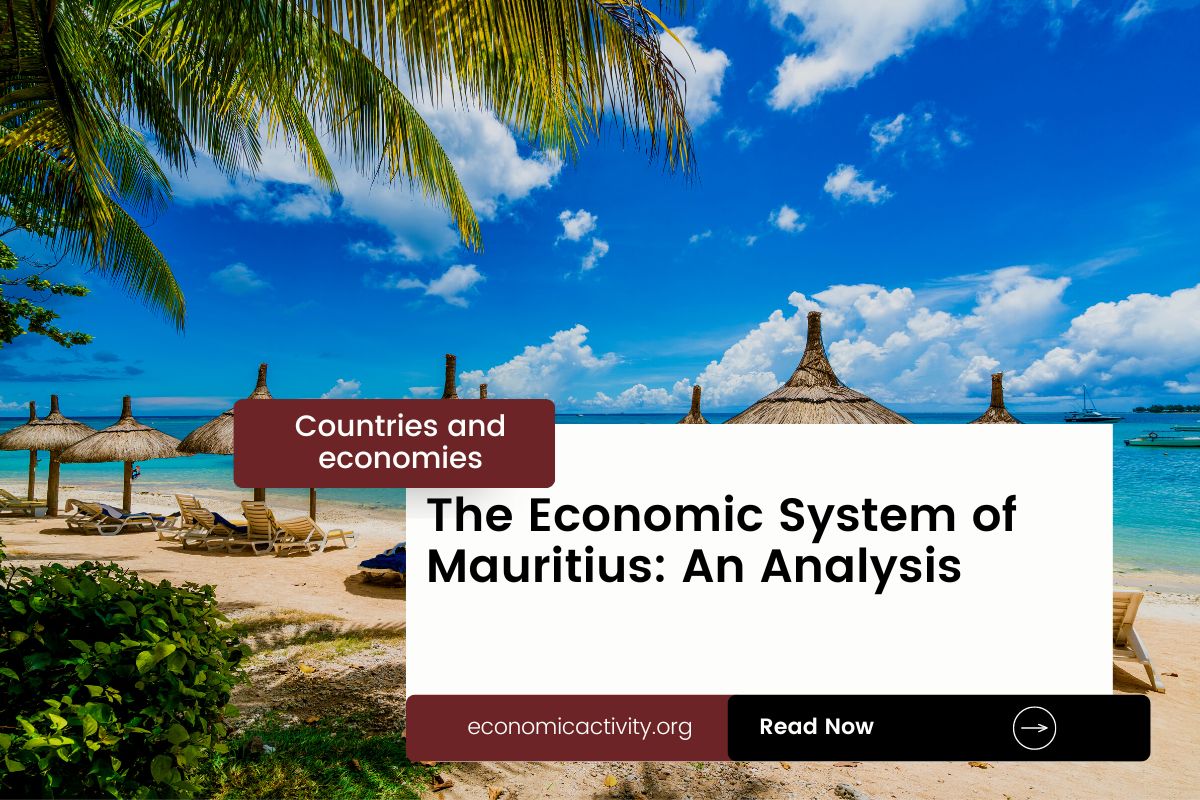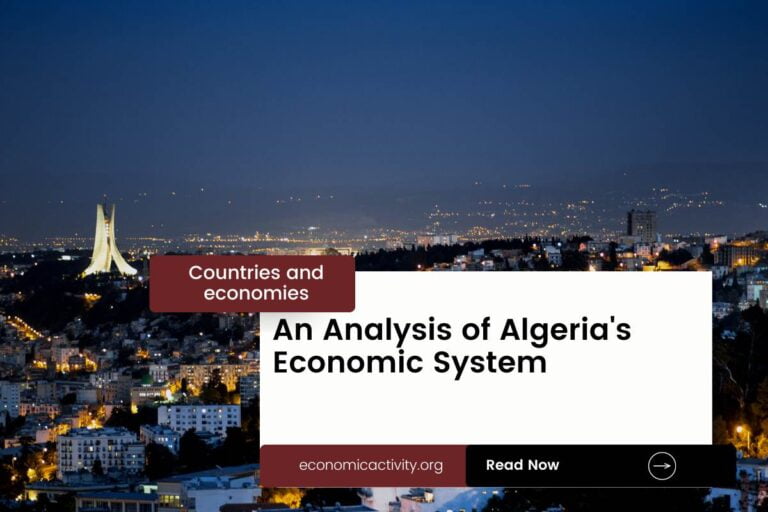What is the economic system of Mauritius? The economy of Mauritius is based on a mixed economy. The country’s economic system combines elements of a market economy and a planned economy.
Mauritius has a diversified economy with key sectors including tourism, textiles, sugar, and financial services. It has a strong focus on export-oriented industries and has attracted foreign investment.
In Mauritius, the economy is composed of a private sector, consisting of individuals and businesses that make autonomous decisions based on self-interest, and a public sector, where the state determines the production and distribution of certain goods and services. No country is purely capitalist or purely communist.
What do the freedom indexes tell about the economic system of Mauritius?
Now, to determine if a country is primarily a market economy or a planned economy, it is useful to examine some economic indexes. For instance, according to the 2022 Index of Economic Freedom, which measures the ability of every human to control his own labor and property, Mauritius is ranked 30th globally and 1st in Sub-Saharan Africa indicating that the country has a mostly free economy.
In a similar way, the 2022 Freedom House index evaluates the state of political rights and civil liberties globally. Generally, market economies tend to align more with democracy and freedom, while command economies tend to be characterized by greater state control and fewer democratic and civil liberty protections. Mauritius gets a score of 86/100, which qualifies it as Free.
Mauritius is a country where the government does not control what people do for political reasons, and people have the freedom to choose (what, how much, and how to produce, whether to buy or not, selling price, etc.)
The Link Between Public Sector Employment and the Economic System of Mauritius
An indicator of the extent to which the State is involved in the economy is the number of public sector employees. In Mauritius, according to ILOSTAT, the number of public sector employees as a percentage of the total workforce is 18.1% (2019).
In the country’s mixed economy, the number of public sector employees as a percentage of the total workforce varies based on the specific policies and practices adopted by the State. Some economic activities are left to the private sector while others are under government control. The bigger the public sector the closer the economy is to being a command economy.
What do the biggest companies in Mauritius say about the country’s economic system?
The biggest company in Mauritius should also be looked at, as well as whether it is a state-owned or private company. In this case, Air Mauritius is a full-service airline offering international and domestic flights, cargo services, and loyalty programs. The company is wholly owned by the Mauritian government.
Mauritius has a diverse economy with key private sector industries such as tourism, financial services, and textiles. Public industries include sugar, transportation, and energy.
The historical factors that have influenced the economic system of Mauritius
Mauritius has experienced a shift from a traditional agricultural economy to a modern, diversified economy. This shift has been driven by a combination of factors, including increased foreign investment, improved infrastructure, and the development of a strong manufacturing sector.
These changes have resulted in a mixed economy, with both private and public sectors playing an important role in the country’s economic development.




Leave a Reply